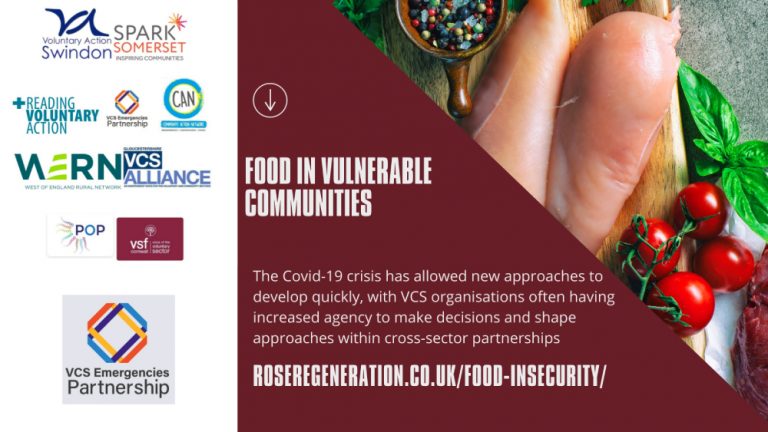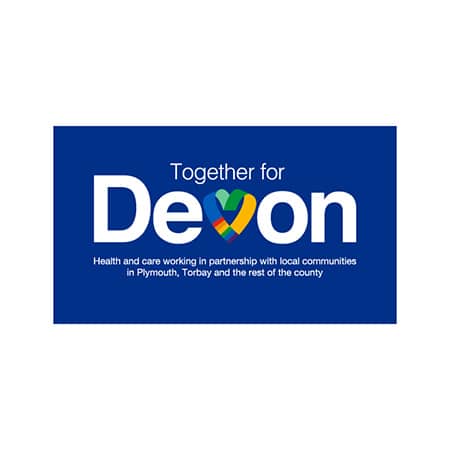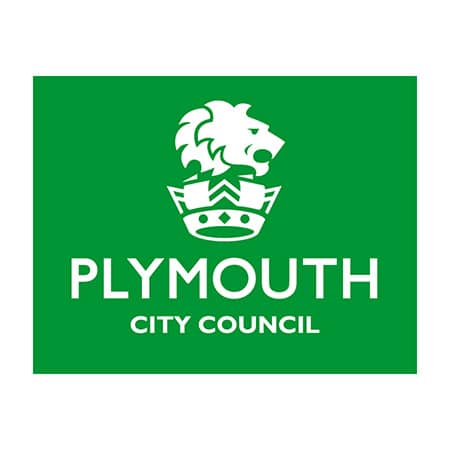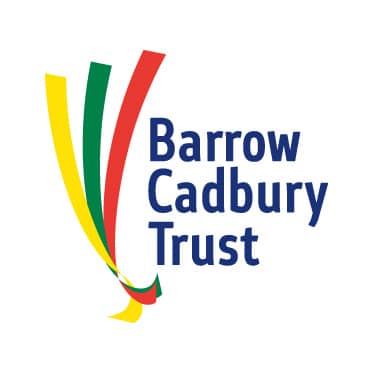Voluntary Sector organisations from the South West launch a report revealing the impact of collaboration on vulnerable communities
Food insecurity has been on the rise in the UK for several years. Many issues surrounding it have been exacerbated by the pandemic. For many people living with food insecurities, things are about to get worse. The £20 top up to Universal Credit is set to come to an end in October, coupled with the end of furlough. A group of voluntary sector organisations collaborated to commission a report, examining food vulnerability. This is particularly prevalent in Cornwall, which is the most deprived area in the south west region.
The Food Insecurities Report, completed by Rose Regeneration demonstrates the importance of collaboration in the pandemic. Food insecurity provides a lens through which to understand a wider range of impacts linked to the Covid-19 pandemic. In particular, food insecurity demonstrates the role that the voluntary and community sector (VCS) has played in the pandemic – not just in helping to provide food support, but in linking this support to mitigate the effects of the broader social and economic impacts on local communities. Many of the issues identified in this report and the response to them predate the pandemic, which has brought them to a head. A huge civic effort, organised at the local level, has demonstrated the significant capacity of local people to solve big challenges when faced by a crisis without undue direction and, in some cases, with very little external funding.
The report was prepared for the Voluntary and Community Sector Emergencies Partnership (VCSEP SW) and is intended to support them move away from emergency and towards recovery, in a space where ‘business as usual’ will not be an option for many communities.
Read the full report here: http://roseregeneration.co.uk/food-insecurity/
Key features of lived experience
· An inability to build and draw on financial safety nets – low-paid work, zero hours contracts, mixed self-employment/salaried work, and/or work in unpredictable sectors left people financially exposed under Covid-19
· Caring responsibilities which limited income potential and raised outgoings – particularly but not only for women and single parents.
· Health and mental health challenges – 70% were experiencing chronic health issues prior to Covid-19; 65% long-term mental health issues.
· Elimination of social food sharing – many had previously counted on meals with others (e.g. a family Sunday roast) to stretch their weekly food budgets.
· People struggling to afford supermarket delivery fees – e.g., if isolating; c.£4-£6 for grocery delivery is a big percentage of a £25/£30 weekly food budget.
· Reduced access to ‘budget’ shops and not being able to ‘bargain shop’ – the inability to reliably access preferred supermarkets increased costs.
· Increased competition for ‘value’ and ‘budget’ brands – cheaper items were often already taken by others, leaving only expensive branded items.
· Price increases by shops which charged more for basics when Covid-19 hit.
· People relying on others to help with food shopping – but feeling too ashamed to dictate brand choices or supermarket choice, raising spend
A positive example is the Cornwall VSF Food Access Alliance. The Alliance has created a networking forum for food banks, community larders, distribution orgs and community growers to collaborate. This level of collaboration ensures that support (through donations and food surplus) is maximised and redistributed to those people/communities where there is demand. Insights from on the ground help contribute to the overall Food Security strategy. Cornwall VSF shares this with multiple stakeholders locally and nationally to advocate for a more sustainable food strategy for all.
Helen Boardman, CEO of Cornwall Voluntary Sector Forum said, “The response to the pandemic here has been phenomenal. There are possibly too may community organisations to mention, for fear of missing some out. What these demonstrate is that it an emergency, we can rely on communities.”
Key findings of the report:
1. The voluntary and community sector has played a central role in the local food response to the Covid-19 crisis
2. Whilst the nature of the response in each locality reflects the geography, demographics and capacity of each area, there are key common themes
3. The Covid-19 crisis has allowed new approaches to develop quickly, with VCS organisations often having increased agency to make decisions and shape approaches within cross-sector partnerships
4. The challenge now is to ensure that local food strategies move effectively from emergency response to providing sustainable support that links to wider agendas around poverty, health, and local sustainability.
5. Future approaches should be based on a clear, evidenced understanding of need at a local level
Robyn Knox VCSEP Director said, “This report supports the vital inclusion of voluntary and community sector organisations in building a resilient society. It also highlights how existing social inequalities can so easily be exacerbated in an emergency situation. We hope to see more inclusion of the voluntary and community sector in local resilience building and in influencing and co-creating positive health outcomes for all.”
Notes to Editors
Background information
VCSEP South West
The Voluntary and Community Sector Emergencies Partnership is a partnership of local and national voluntary and community sector organisations, formed in response to learnings from several national crises in 2017. It was recognised that a more coordinated response amongst the voluntary and community sector was needed when responding to an emergency and the Emergencies Partnership is supporting the sector to make this a reality.
The Emergencies Partnership provides space and opportunity for 230 local and national voluntary and community organisations to come together and build connections that will ensure support reaches those in need more effectively.
The South West alliance is comprised of • Voluntary Action Swindon • Plymouth Octopus • Reading Voluntary Action • Gloucestershire VCS Alliance • Spark Somerset • West of England Rural Network • Cornwall Voluntary Sector Forum • Community Action Network: Bournemouth, Christchurch and Poole
With local lead liaisons in:
1. Bristol, Bath NE Somerset
2. Cornwall
3. Devon, Torbay & Plymouth
4. Dorset/ Bournemouth, Christchurch, Poole
5. Gloucestershire
6. Somerset
7. Swindon and Wiltshire
8. Thames Valley
Cornwall VSF
Cornwall Voluntary Sector Forum (VSF) is the voice of VCSE organisations in Cornwall and the Isles of Scilly. Our aim is to work with others to create a thriving and effective voluntary sector.
G7 Summit
For more information, please contact Laura Barnes at Cornwall Voluntary Sector Forum
Laura Barnes
VCSE Communications, Marketing and PR Officer laura.barnes@cornwallvsf.org
Tel: 07990633615







